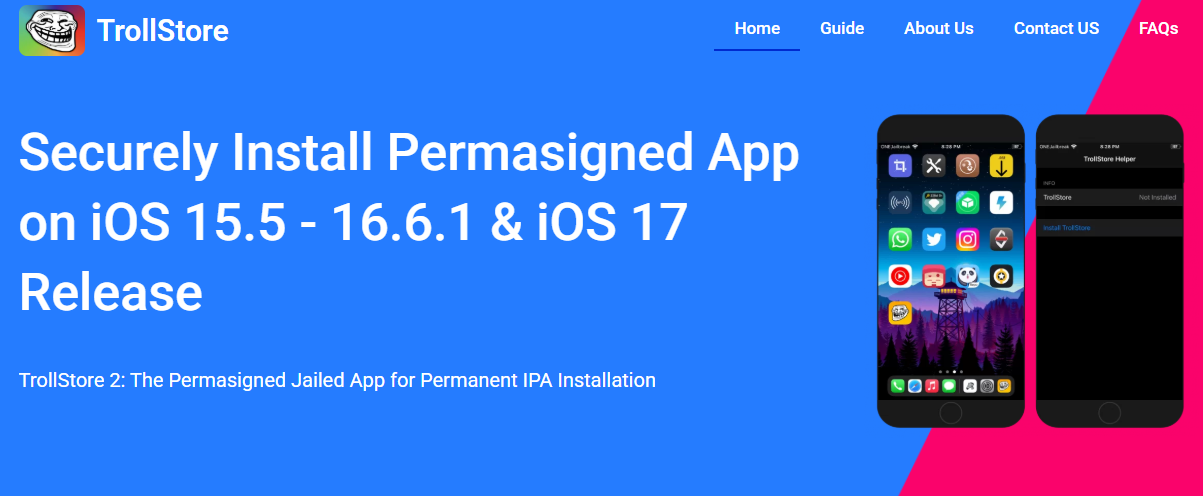Preparing for the GRE while working full-time is challenging. But it is certainly manageable with deliberate application, smart priorities, and dedicated effort. For those with a 9-to-5 job, it’s essential to have a strategy that seamlessly integrates both your professional and personal lives. Below is a proven formula to establish your day-to-day routine, stay motivated, and build momentum for GRE success.
1. Identify Your Target & Timeline
Begin by setting your target GRE date and score range based on your preferred colleges. Most working professionals have 2-6 months’ of preparation time, spending approximately 10 hours per week studying. Lock that in early; those become the cornerstone of your GRE online exam prep.
- Full-time (2-3 months): Complement your preparation by dedicating 1-2 hours daily, either before or after office hours, provided you maintain discipline and a systematic approach.
- Balanced (4-6 months): It allows you to work 8-10 hours a week, along with the weekend for building strength.
2. Create a Customized Study Plan
A very systematic GRE study prep plan is essential. For working candidates, divide your study schedule into weekly modules.
- Weekdays: Spend 60-90 minutes per night on learning concepts-topic-wise (e.g., probability, reading comprehension).
- Weekends: Allocate big blocks (2-4 hours) for practice tests, error analysis, and time management drills.
Take a look at Jamboree India’s GRE schedule templates; typically, they consist of 48 hours of live online classes, 7 full-length mocks, and unlimited doubt sessions in one year. Take them as a reference to design your modular schedule.
3. Choose the Right Prep Mode
Your work schedule decides your prep mode. Your options are:
- Live online classes: Have a classroom experience sitting at home with timed video classes where flexibility is not lost.
- Self-paced video courses: Good if your work has variable timings; listen to pre-recorded lectures whenever you get the time.
- Hybrid model: Do a bit of both; attend some live and some blended.
- Private tutoring: Weekly one-on-one sessions are an effective way to address gaps.
Whatever you choose, ensure it has regular computer-based mocks and analysis software to monitor Progress.
4. Create Standard Study Windows
Consistent effort is better than a last-minute rush. Choose times that align with your peak energy levels and professional obligations.
- Early mornings (5-6 AM): Quiet and distraction-free, but might mean sleeping earlier.
- Late evenings (9-10 PM): Great for concept review if you are an evening person.
- Lunchbreak snapshots: Quick 30‑minute quizzes or vocab exercises are ideal.
- Weekends: Focus on full-length mocks or extensive concept review.
Mix activities to prevent exhaustion, switch learning vocabulary with quant practice or essays with reading.
5. Utilize Short, Intensive Study Sessions
Brief periods can work wonders between train rides or meetings:
- Flashcard practice: Vocabulary app during coffee breaks.
- Drills: 15-minute quantitative or sentence completion drills improve mental quickness.
- Reading an article: Reading daily, one article builds verbal skills and reading stamina.
Jamboree’s GRE Prep App and HD concept videos are ideal for micro-learning with tight schedules.
6. Maximize Use of Mock Tests
Official mock tests are the foundation of your strategy.
- Take a full GRE test every two weeks or a month.
- Examine mistakes, time limits, and accuracy patterns after every mock.
- Refine your approach based on real strengths and weaknesses.
Mock tests “validate your learning, identify weak spots, and aid in fine-tuning your strategies” as stated in Jamboree’s guide. Attempt tests in timed mode and don’t take infinite mocks without revision.
7. Strategy & Stamina
A full-time schedule can lead to mental fatigue; therefore, build stamina intentionally:
- Gradually increase study durations. Recite various attempts at a question, attempt a different, similar question, or read diverse passages.
- Practice in mimicked test situations: no-break, timed, and minimal comfort adjustment sessions.
- Take methods like skipping long questions and coming back to them later.
Jamboree’s strategy online courses integrate strategy workshops and dedicated full-length practice for optimal speed and precision.
8. Wellness & Recovery, Don’t Ignore
Positive productivity is built on general well-being:
- Sleep 7-8 hours daily for cognitive clarity.
- Exercise or walk daily to reduce stress.
- Eat well and stay hydrated.
- Rest and relax on weekends to prevent burnout.
An unstressed or rested mind picks up quantitative formulae and vocabulary faster than a tired or anxious mind.
9. Utilize Analytics to Track Progress
Momentum results from objective tracking:
- Track your weekly section scores to visualize progress.
- Use spreadsheets or portal analytics (e.g., in Jamboree courses) to monitor accuracy, speed, and content weaknesses.
- Celebrate minor things, like a 30-second time reduction per question and better elimination of incorrect answer choices.
These mini-achievements inspire discipline and minimize burnout.
10. Plan for Flexibility
Work-life is chaotic, but your GRE prep doesn’t have to unravel.
Buffer days into your schedule.
If meetings are extended, adjust study blocks by exchanging evening quantitative sessions for morning verbal review.
For business travel, bring offline materials or utilize mobile prep apps.
An adjustable system enables you to adjust and stay on track.
Sample Weekly Schedule for Full-Time Professionals
| Day | Time Block | Activity |
| Monday | 6 AM-7 AM | Quant concept + 15-min drill |
| Tuesday | 1 PM lunch break | Vocabulary flashcards |
| Wednesday | 9 PM-10 PM | Verbal practice (reading passages) |
| Thursday | 6 AM-7 AM | AWA essay prompt + review |
| Friday | 9 PM-10 PM | Quant revision |
| Saturday | 10 AM-1 PM | Full-length mock + review |
| Sunday | 2 PM-4 PM | Error analysis + targeted practice |
Modify the schedule to align with your available time and energy.
Why Structured GRE Exam Prep Works for Busy Professionals
- Focused learning: Topic-based small classes help with memory reinforcement.
- Real-time feedback: Doubt-clearing sessions and analytics software enable prompt corrections. Jamboree offers unlimited doubt-clearing sessions from 7 AM to midnight.
- Confidence through Consistency: Building confidence levels, minimizing test-day fears, through regular practice.
Final Thoughts
Studying for the GRE online exam along with working can be tough, but achievable if one follows a disciplined and well-planned schedule. Takeaways:
- Schedule your test date and commit 10 hours/week towards GRE study prep.
- Modify your schedule according to your work, energy cycle, and deadlines.
- Develop the ideal combination of live classes, videos, and mobile app microlearning.
- Schedule mock tests at regular intervals, discuss errors, and practice weaker sections to enhance overall performance.
- Take care of your health by sleeping, eating proper food, and developing constructive stress management.
A full-time employee can take the GRE confidently and competitively if they can ensure quality, consistency, and pacing. It involves discipline, but every step ensures that your efforts will be rewarded on test day.







